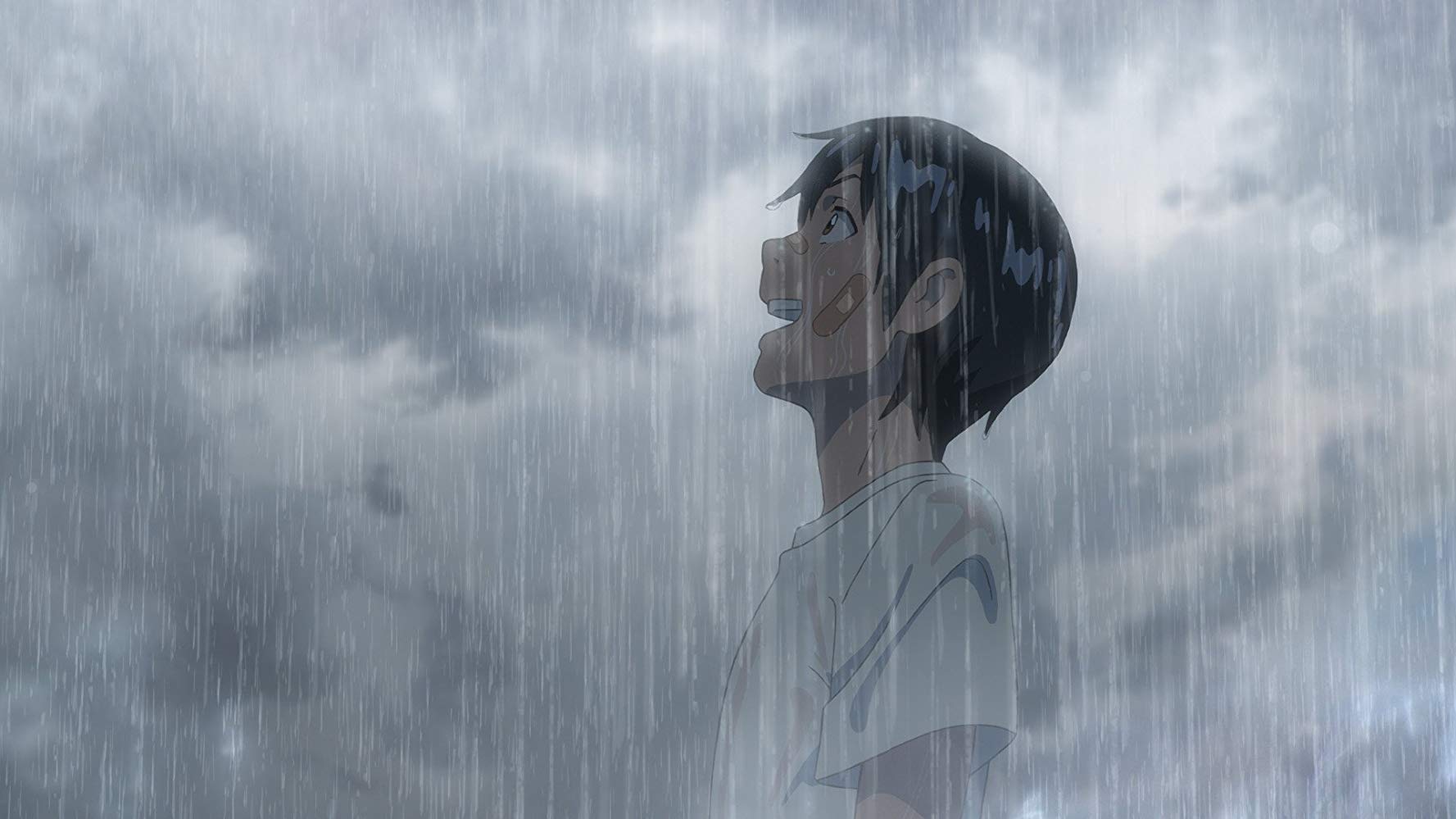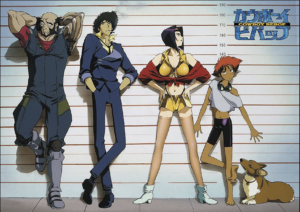When I attended middle school in a small, Canadian town, openly liking anime got you labeled as either a weirdo or pervert—most likely both. It was ostracizing. Recently, I attended a sold out American showing of Makoto Shinkai’s newest anime film, Weathering with You (2019). Japanese anime’s wave of popularity has hit the US.
Makoto Shinkai’s previous film, Your Name (2016), made huge strides towards the positive recognition of anime. It remains one of my favorite films of all time and demonstrates the power and possibility of anime as a genre. Your Name didn’t resonate with just me. It made over $350 million worldwide, making it the highest-earning anime and Japanese film of all time. It also holds its spot as the ninth highest-grossing traditionally animated film, following the likes of The Lion King (1994) but surpassing other Disney favorites like Mulan (1998) and Pocahontas (1995). Weathering with You, though only recently released in Western theaters, seems on track to have similar success to Your Name.
Previously, this degree of global response to Japanese animation was reserved for the films of Hayao Miyazaki with Studio Ghibli. Shinkai addresses the comparison to Miyazaki in an interview shown after the screening. He hopes to prove that you don’t have to be Miyazaki to make an impact in the global film market. His goal is to establish a unique style that he hopes will be as universally appealing. Though the filmmakers are similar in their use of magical realism, a genre anime seems designed for, Shinkai’s style differs greatly. Gender swaps, boob jokes, teen romance, and emotional monologues all make Shinkai’s work seem more like, well, anime. And yet, despite the standard anime tropes Shinkai incorporates into his work, the world still loves it. He doesn’t want to be the next Miyazaki, he wants to prove that the genre of anime can transcend him.
Shinkai’s cultural significance, however, measures up not only to Miyazaki but to Western animation giants like Disney and Pixar. Shinkai is operating in a completely new era of cultural globalization. Where anime was once condemned and avoided, it is becoming difficult to find someone who hasn’t been exposed to it. There is now a Western generation that grew up watching popular anime like Naruto and Pokémon on their American televisions, and streaming services have given the entire world access to these previously-elusive titles. The concept of “foreign” is becoming less of a boundary to finding entertainment, and in turn, is becoming less synonymous with “weird” in the Western vernacular. Increased exposure is creating a basis for cultural understanding. I couldn’t help but notice that despite a particularly large Caucasian showing in the audience for Weathering with You, there were resounding laughs from everyone at the film’s “senpai” jokes, which remained in romanized Japanese in the translated English subtitles.
This different cultural framework should not, however, undermine Shinkai’s personal feats as a unique filmmaker. In terms of quality, I would argue that Weathering With You doesn’t stand up to its predecessor. It repeats a similar narrative vision, and its plot feels a little less tight and developed. However, Weathering with You remains beautifully animated, magically romantic, and most importantly, unapologetically itself. The climate change-inspired story of Hina, a “Sunshine Girl” who can control the weather, and her friendship with teen runaway Hodaka, can only really be told through animation. Each and every hand-drawn frame combines both form and function, conveying meaning while remaining consistently stunning. Shinkai continues to display his skill for visual lyricism which is gracefully complemented by Radwimps’s nostalgic and anthemic soundtrack. In spite of the aforementioned boob jokes, Weathering with You continues to demonstrate narrative complexity and emotional resonance. Weathering with You is a uniquely Shinkai film, and it is propelled, not held back, by its genre.
Perhaps Studio Ghibli opened the world up to the idea of anime, but Shinkai has an opportunity to secure the genre’s place in film. As my younger brother has informed me, “weeaboos” are rising up, and if this is the kind of content we can expect to see from such a wave, I have to say, I’m excited.






